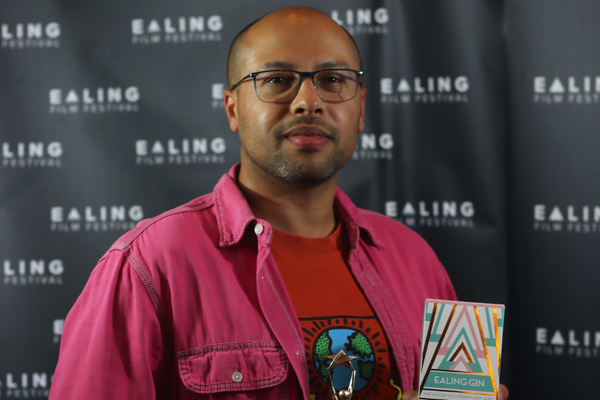The Therapeutic Benefits of Knitting: An Interview with Dr Mia Hobbs

Dr Mia Hobbs is a Clinical Psychologist based in West London, specialising in working with children, young people, and their families. With a passion for knitting and creativity, she incorporates these elements into her therapeutic work to support mental well-being. Dr Hobbs also hosts the podcast Why I Knit, where she explores the profound impact of knitting on mental health through conversations with fellow knitters.
In this interview, she shares some of the most powerful stories from her podcast, explains how knitting supports emotional regulation in young people, and discusses the success of her recent knitting workshops in Ealing.
Your podcast Why I Knit explores the connection between knitting and mental well-being. What are some of the most powerful stories you've heard about how knitting has helped people cope with stress, anxiety, or other challenges?
"There have been so many. People have spoken about how knitting has helped them cope with grief, low mood, anxiety, and chronic illness. One guest, Kesha Evans, was taught to knit while her son, who was born very prematurely, was in the NICU. She spent hours sitting in the hospital with him each day, unable to do anything to help him. She said that she felt the volunteers from the charity Project Knitwell, who taught her to knit, were as important to her as the doctors and nurses in getting through this very difficult period of her life.
Recently, I was contacted by a cancer doctor who had heard the podcast and felt that knitting was helping her cope with her recent diagnosis of advanced breast cancer. She spoke very movingly about how she is 'knitting a legacy' by making blankets to pass on to her future grandchildren, and that this has helped her to survive the dark times."
You incorporate knitting into your therapeutic work with children and young people. How does this practice help them express themselves or manage emotions in ways that traditional therapy might not?
"I use knitting as one part of more traditional talking therapy. I have found that knitting is really helpful for many young people in making them feel comfortable in the therapy room. When I teach someone to knit, we sit next to each other and don’t have to make direct eye contact. It also gives my clients something to do with their hands, which often helps them to feel more comfortable and to have difficult conversations.
I also feel that knitting is particularly good as a strategy for people who are struggling with repetitive negative thoughts. Most of us know from other more mainstream techniques such as mindfulness that bringing our focus into the present moment is helpful, but it isn’t easy to do! Having something practical to do with your hands that requires some focus can help us redirect our attention from negative or anxious thoughts onto a more positive task. Knitting also has the benefit of giving you a sense of achievement, which is great for your mood."
Over Christmas, you ran knitting workshops for Filmworks in Ealing. What was the response like, and how do you see knitting bringing people together as a community activity?
"The response to the workshops was really positive! I so enjoy sharing the joy of knitting with new people, particularly because I know the potential benefits it can have for our mental health. Most of the people who attended the workshops were new to knitting, and they all went away feeling proud of themselves for learning a new skill. One person attended all three workshops and walked away at the end wearing a cowl she had finished.
Research suggests that the benefits of knitting are even greater when you knit in a group, so I really loved being able to create that opportunity in Ealing. I am in the process of trying to find a local venue to continue to offer knit nights on a monthly basis, as I would love to keep this community going."
Dr Mia Hobbs continues to explore the therapeutic benefits of knitting through her practice, podcast, and workshops. To learn more about her work or upcoming knitting events, visit www.therapeuticknitting.org.




